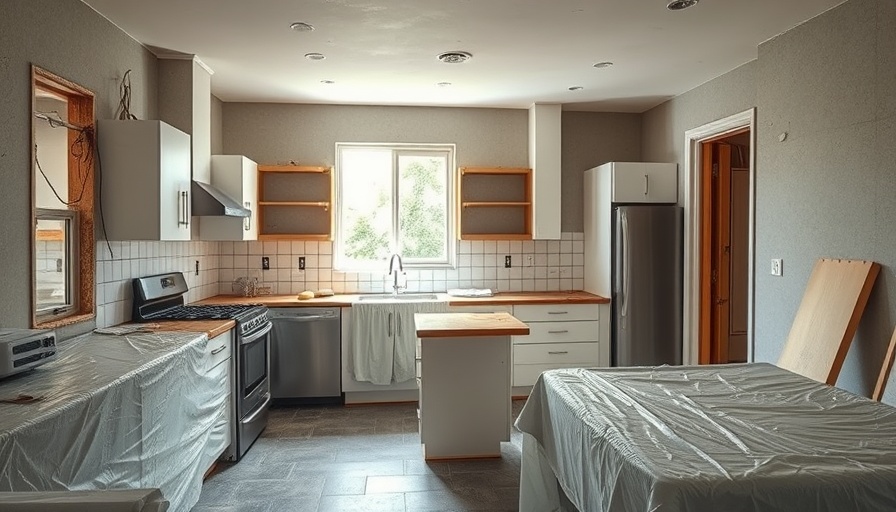
What Are Unpermitted Additions and Why Do They Matter?
Buying a home often comes with a checklist: location, size, layout, and that extra bonus room that caught your eye. But imagine strolling through your dream home only for your realtor to drop a bombshell: portions of the house were finished without permits. This situation can leave potential homebuyers feeling uneasy, and the question lingers—are unpermitted additions a deal breaker, or just a hurdle in the home buying process?
Unpermitted additions refer to any renovations or changes made to a house without the necessary approval from local building authorities. Owners may have skipped the permit process for various reasons—sometimes they weren’t aware they needed permission, or perhaps they underestimated the complexity of the renovation. Regardless of the reason, no permits mean there’s no official guarantee that the work meets safety and construction standards. On the other hand, not every home project requires a permit; cosmetic updates like painting or changing light fixtures typically fall into the exception category.
The Risks of Buying a Home with Unpermitted Work
While the allure of a well-finished room can be tempting, potential risks loom large when it comes to unpermitted additions. If you’re considering purchasing a home with these changes, it's crucial to weigh the risks versus the benefits. Homes with unpermitted work can face future complications during resale, as buyers may be wary of properties with unknown issues. Additionally, if the local authorities discover unpermitted work, they may require it to be removed or renovated to meet current standards, which can lead to unforeseen repair costs.
Understanding Local Regulations
Building codes and permit requirements can vary significantly by location, so understanding your local regulations is critical. Some regions enforce strict guidelines that could affect future renovations, while others may have more lenient policies. A local real estate agent can help navigate these waters, ensuring you understand the implications of any unpermitted additions.
Assessing the Home’s Condition
It’s not just about the permits; the quality of the unpermitted work is also a top consideration. Hiring a certified inspector can provide insights into the craftsmanship and safety of the unpermitted additions. An inspector can reveal whether the work is structurally sound, up to code, and worth the risk. If there are significant issues, it may be wise to reconsider your investment or negotiate repairs before closing the deal.
Consider Your Options
If you find yourself smitten with a home that features unpermitted additions, consider your options carefully. It may be possible to have the renovations legalized by applying for retroactive permits, although this can involve significant time and potential fees. If the additions don’t meet local codes, you could face more complications. Furthermore, some buyers opt to factor in necessary renovations as part of their overall budget, ensuring they are prepared for any future issues.
Conclusion: Making an Informed Decision
Buying a house with unpermitted additions doesn’t have to be a restrictive deal breaker. Knowledge is power, and by understanding what these additions mean, assessing the quality of the work, and knowing local regulations, you can make an informed decision. Always consult a real estate agent or legal expert if ever in doubt, ensuring both your investment and peace of mind are safeguarded as you embark on your home buying journey. Whether you're considering houses for sale or exploring rental properties, informed choices can lead to a satisfactory investment.
 Add Row
Add Row  Add
Add 



Write A Comment